Brake's biggest road safety campaign, Whoever you are, however you travel, We need to talk about SPEED.
What is Road Safety Week?
At Inchcape every year we get involved to share important road safety messages, remember people affected by road death and injury and campaign for safer roads for everyone. Road Safety Week was founded in 1997 by Brake, a road safety charity that supports those affected by road crashes and runs campaigns for safer and healthier mobility. Road Safety Week takes place every year to raise awareness around road safety and promote steps to reduce road fatalities.
Everyday in the UK, five people are killed and more than sixty seriously injured on the roads. Therefore, increasing and promoting road safety is important. Whilst the number of people killed a day has halved since Brake started their work, there is still progress to be made.
Every year Road Safety Week has a different theme, for 2023 it's Let’s talk about SPEED.
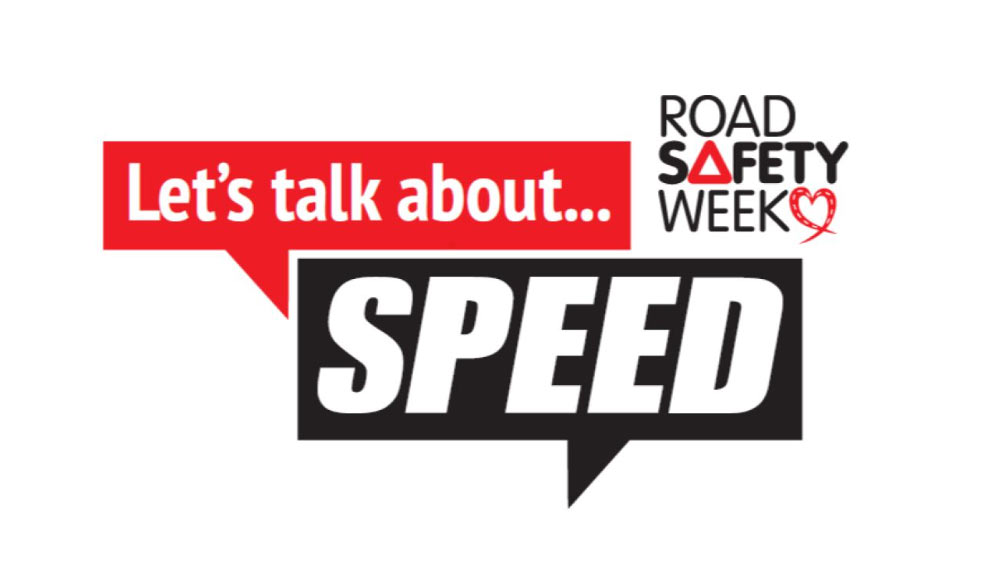
How to get involved in Road Safety Week 2023
There are lots of ways to get involved, the main way is to head over to the Road Safety Week website and select ‘sign up to get involved’. Through this you’ll have free access to an action pack which will help guide you through the process of building awareness and increasing road safety. The action packs are available for individuals and organisations.
Let’s talk about SPEED
We all drive too fast sometimes… perhaps because we’re in a rush to get somewhere, or we’re unaware of the speed limit. Maybe we didn’t notice that our speed had crept up. Sometimes people speed because they enjoy driving fast or because there aren’t many other vehicles on the road.
But every time we break the speed limit, or drive too fast for the road conditions, we increase the risk of a crash, and we increase the risk that someone will be killed or hurt on a road.
Effective speed management is a crucial part of the Safe System approach to road safety – a shared approach to prevent death and serious injury from road crashes here are some of the road safety approaches that the Brake charity are campaigning for:
✔ 20’s plenty on roads near schools
✔ Setting a maximum speed limit of 20mph on roads where people walk and cycle
✔ Catching speeding drivers using speed cameras
✔ Building roads with more traffic lights, roundabouts and speed humps, which slow the traffic down
✔ Vehicle technology to help drivers keep within speed limits
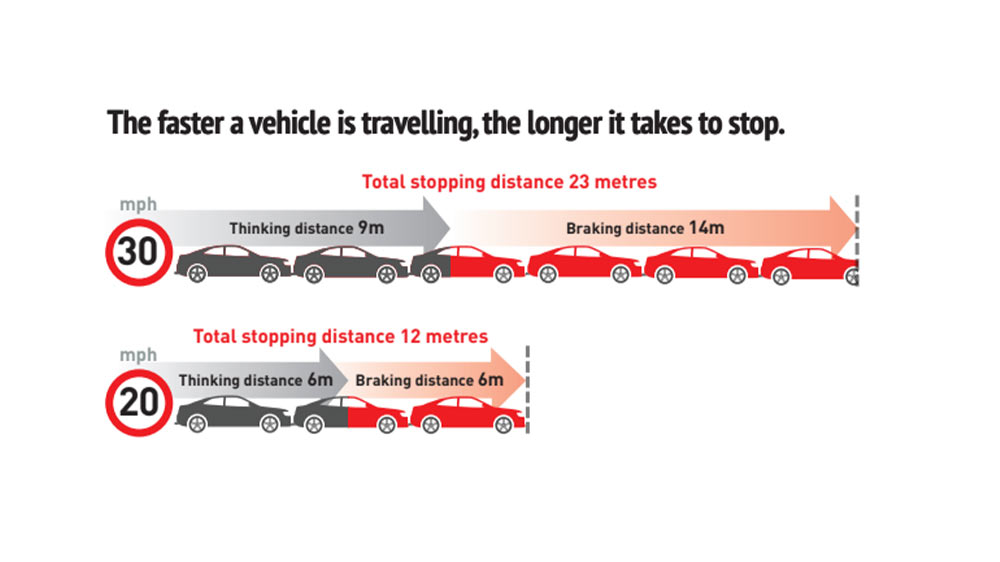
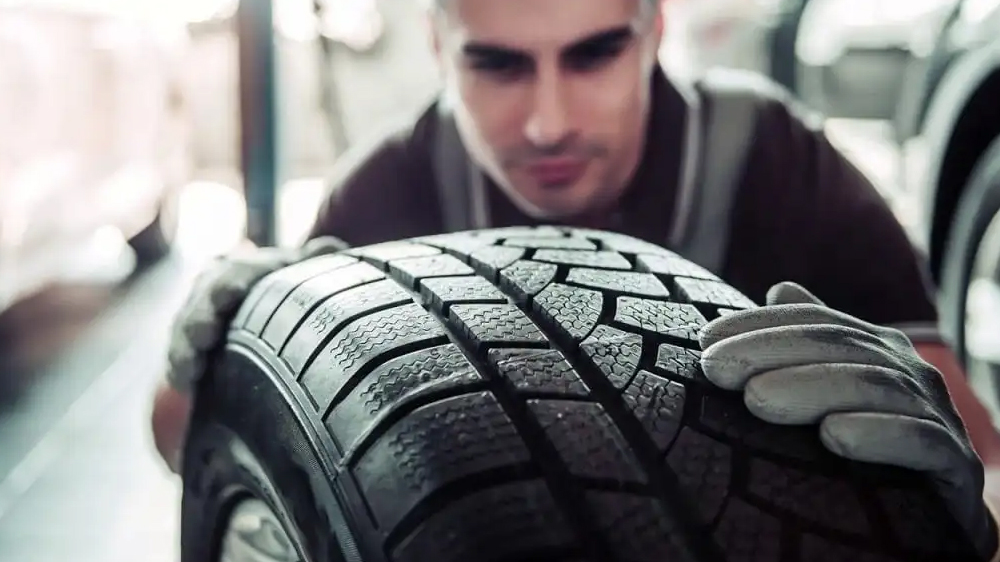
How to ensure your car is safe
As well as building awareness around road safety it is important to ensure your car is operating at its peak. By regularly servicing your car, vital components such as brakes and tyres are checked over and maintained which ensures greater road safety for you, your passengers and other road users.
In the winter months more strain is placed on your car so a winter health check is an ideal way in which to make sure your car is prepared and safe for the colder months.
Check out Inchcape's latest servicing offers or book a check up to ensure your car is running safely. Click below to book a service.
Winter Safety Car Checklist
The battery is put under increased strain during the winter months, with cold starts and heavier loads due to the car’s lights, heating and other features being on more. The colder the temperature gets, the slower chemical reactions within the battery can take place, which reduces performance. Ensuring you car's battery has a good level of charge (approx. 75%) is important for optimal winter running.
Click below to book a Winter Health Check at Inchcape.
Lights are important to ensure you can see and be seen by other road users. Walk around the car and check all the lights are working. Replace any that are not and regularly clean your lights, so they offer maximum performance and safety.
Click below to book a Winter Health Check at Inchcape.
Oil should always be between the min and max marks on the dipstick. Not having enough or having too much oil can cause a breakdown or engine failure.
Click below to book a Winter Health Check at Inchcape.
During the winter, muck from the road is thrown up onto the windscreen, meaning you use screen wash a lot more. Of course, this will increase the chance of it running out and reducing your visibility and safety. It is important to regularly top up the screen wash and to a good strength to ensure it does not freeze.
Wipers can freeze onto the windscreen and using them can damage the wiper motors, therefore before driving off, ensure the wipers are not stuck to the windscreen by defrosting the car first and lifting the wipers off the glass. Wipers should be effective at clearing the windscreen, if they do not or cause a streak across the glass they probably need replacing.
Click below to book a Winter Health Check at Inchcape.
Tyres are the only part connecting you and your car to the road. Ensuring that tread is above the minimum legal level of 1.6mm (and the advised 3mm in winter), as well inflated to the correct pressure, are all essential to ensure good grip and traction on wintery roads. Tyres should also be free of any damage or bulges.
Click below to book a Winter Health Check at Inchcape.
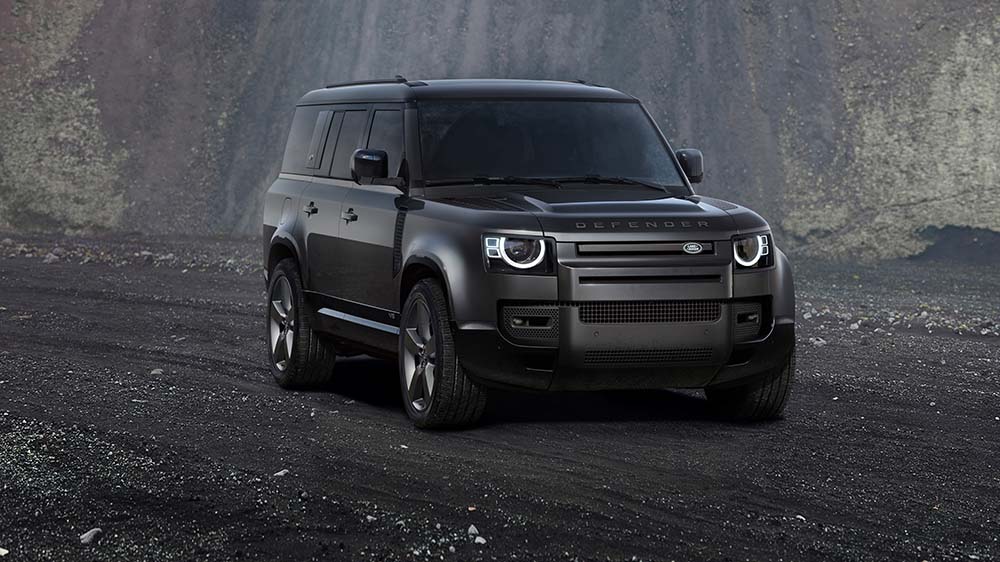
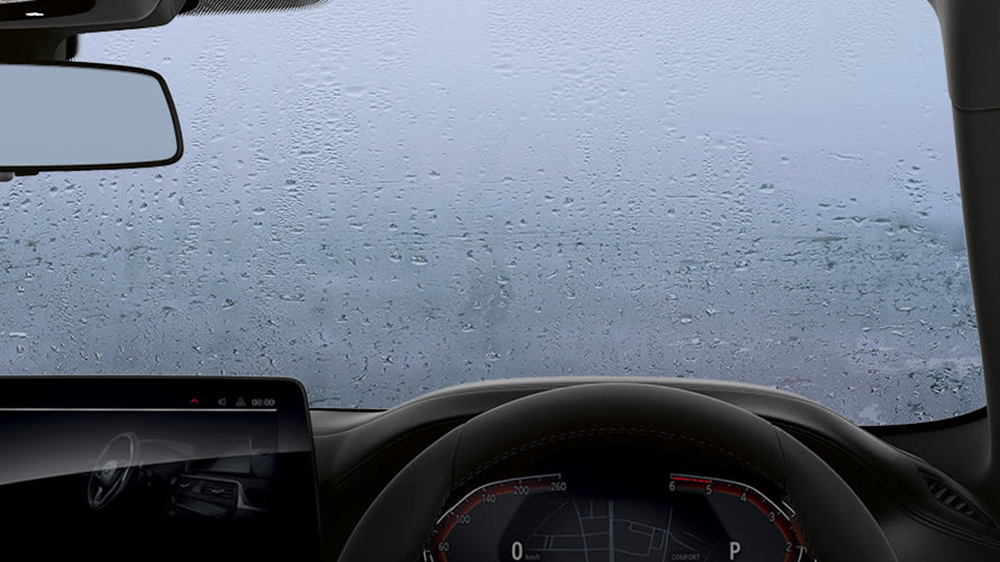
Driving Safely In Winter
When there is snow, ice and sleet the roads become much more dangerous, so the biggest tip is to drive slower. Stopping distances can be 10 times longer when it's icy. Gentle manoeuvres and slow speeds are the key to safe driving in ice and snow.
During the winter months make sure you allow extra time for your journeys because it can take time in the mornings to defrost your car and this allows you to drive slower and more safely in hazardous conditions. If you do need to drive in hazardous conditions, plan a route which mainly sticks to major roads as these are more likely to have been gritted.
To avoid wheel-spin you may get more traction by setting off in second gear and by using the clutch gently. If you have to use your brakes whilst driving in icy conditions, use them gently to avoid losing control. When driving uphill leave plenty of room between other cars and wait until there is a clear route so that you don't have to stop on your way up. When driving downhill, again make sure to leave plenty of space between you and other road users. Slow down before you get to the hill and use a low gear, trying to avoid braking unless needed.
It is important in poor conditions to be seen and to be able to see.
So before you drive anywhere make sure that your windows are completely clear of snow, ice and mist. Make sure you clear the roof of any snow to avoid it falling whilst driving and blocking your view. Use the air-con if your car has it to demist the screen faster and to remove moisture from the air inside the car to reduce the chance of condensation.
Make sure that all your car's lights are working and that the lenses are clean, you may have to clean them for each trip if the roads are particularly dirty. You also need to keep your number plates clean to avoid a fine. When driving and visibility is reduced, make sure to turn on your headlights so that other road users can see you.
To keep you safe this winter there are a few essentials you should keep in your car when driving in winter. These will help you deal with ice, snow and dark winter nights.
✔ Ice scraper
✔ Torch and spare batteries
✔ De-icer
✔ First aid kit
✔ Power Bank/a way to charge your mobile phone
✔ Warm clothes, waterproofs and high-vis jackets
✔ Sturdy footwear
✔ Shovel
✔ Jump leads
✔ Warning triangles

